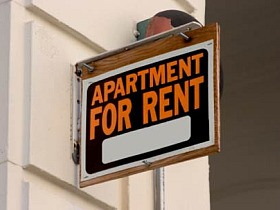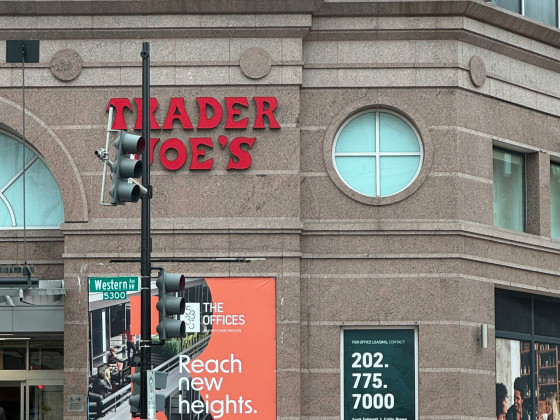 DC Rental Units: More Than Just Collecting a Monthly Check
DC Rental Units: More Than Just Collecting a Monthly Check
✉️ Want to forward this article? Click here.

Earlier this week, an UrbanTurf reader inquired about the steps that need to be taken in order to make a rental unit legal in Takoma Park. We have received a number of inquiries recently about similar situations in the District, specifically about obtaining Certificates of Occupancy for rental units. It seems that there are a number of industrious home buyers out there!
Joe Himali, broker/owner of Best Address Real Estate, explained that if the home in question is occupied with rent-paying tenants, and the whole house is available to these residents, then you don’t need a Certificate of Occupancy. However, if the rental unit (for example, an English basement) is fully separate from the rest of the house with a separate entrance, the owner will need not only a Certificate of Occupancy but also a Landlord Certificate from the DC government.
“If the owners don’t get these documents then the rental unit is illegal and there could be dramatic consequences,” Himali told UrbanTurf. “The D.C. government is second to none when it comes to being tenant-friendly. So, if the owner and the tenant have a dispute of any kind and it ends up in court, the judge will ask first for the Certificate of Occupancy and second for the Landlord Certificate. Getting these can be a bureaucratic nightmare, but if you don’t do it, it is illegal.”
In order to obtain a Certificate of Occupancy, the property must first be in a location which is zoned for multi-family properties. Himali noted that very few areas in the city have this zoning, mostly just downtown neighborhoods like Dupont Circle, Penn Quarter or Capitol Hill.
“If you are trying to get a Certificate of Occupancy in Chevy Chase, you just can’t do it,” says Himali. “You could go to the zoning board and try to get the zoning changed, but that’s about as likely as me becoming the queen of England.”
In order to qualify for the Certificate of Occupancy, owners must also supply two means of egress (exit) from the home so that the tenants in the basement can get out in an emergency. Also, the ceiling height needs to meet a minimum standard and there must be separate metering for the heating and cooling systems. After these guidelines are met, an inspector needs to come to the property to approve it for the certificate.
“Preparing a unit to meet these standards is not a do-it-yourself project, so I recommend hiring a contractor who has done this work before,” says Himali. “You need to make sure everything is properly permitted and inspected. Even more important, spend the $500 or whatever it costs for an hour or two with a landlord-tenant attorney. That will be the best money you ever spend, just to make sure everything is in order before you even start the work.”
See other articles related to: being a landlord, investment properties, real estate investing
This article originally published at https://dc.urbanturf.com/articles/blog/dc_rental_units_more_than_just_collecting_a_monthly_check/1509.
Most Popular... This Week • Last 30 Days • Ever

UrbanTurf takes a look at the options DC homeowners and residents have to take advant... read »

A major new residential development is on the boards for a series of properties near ... read »

A new report from DC’s Office of Revenue Analysis highlights how millennials and wo... read »

The building is the second proposal for a pair of aging office buildings in downtown ... read »

The number of neighborhoods in DC where the median home price hit or exceeded $1 mill... read »
DC Real Estate Guides
Short guides to navigating the DC-area real estate market
We've collected all our helpful guides for buying, selling and renting in and around Washington, DC in one place. Start browsing below!
First-Timer Primers
Intro guides for first-time home buyers
Unique Spaces
Awesome and unusual real estate from across the DC Metro














